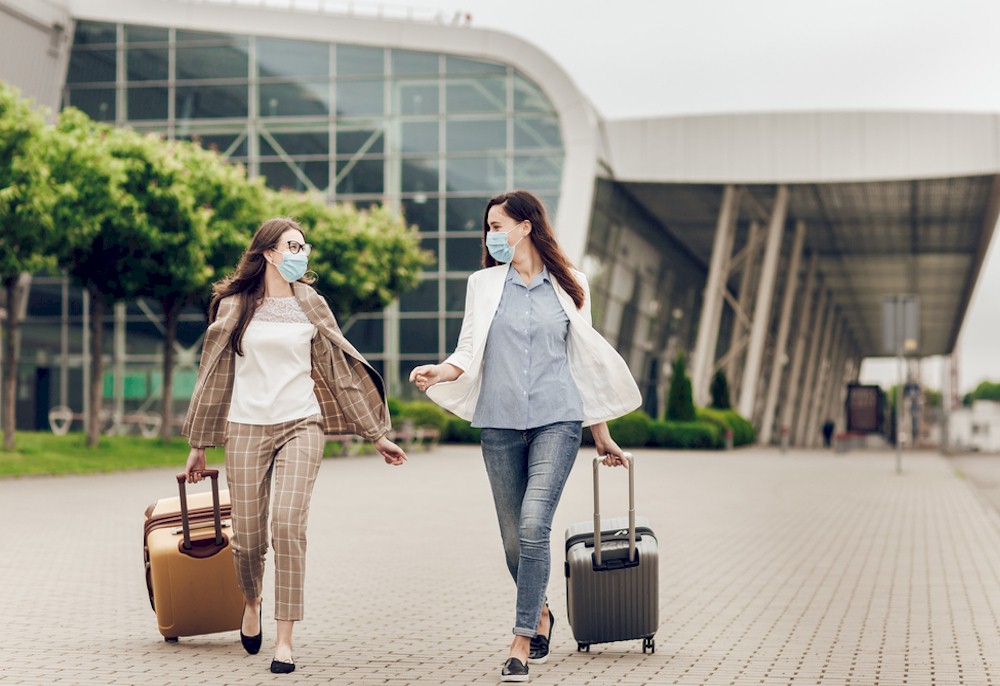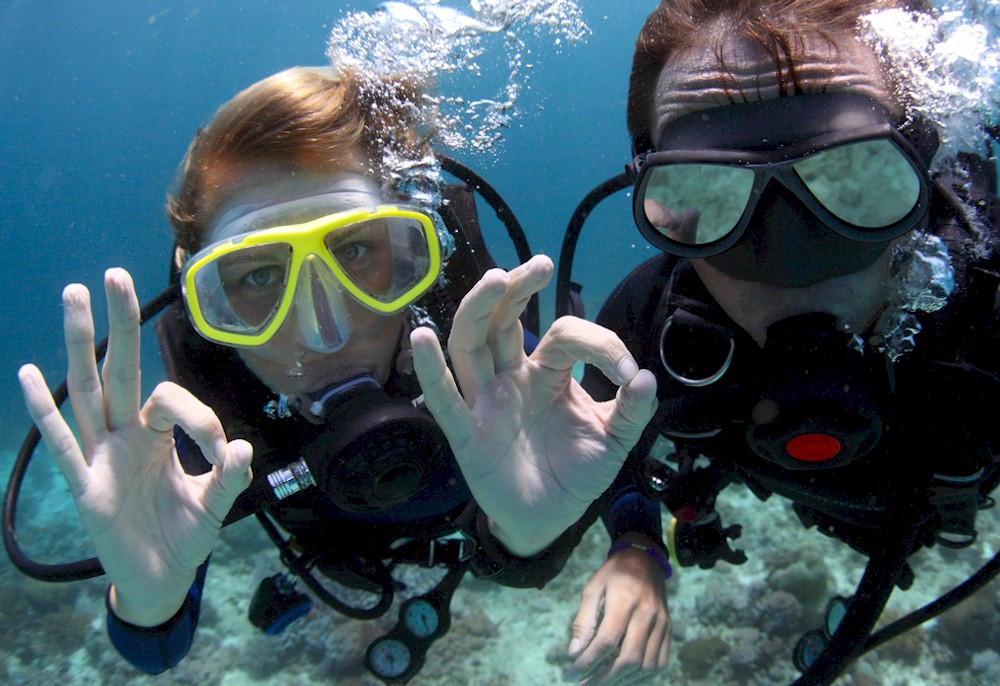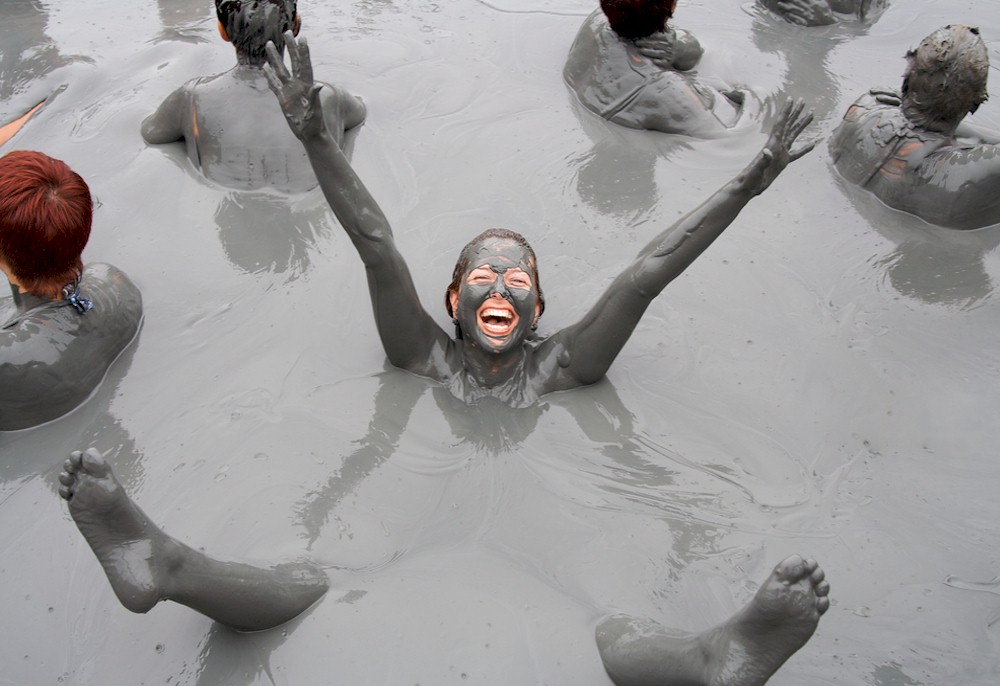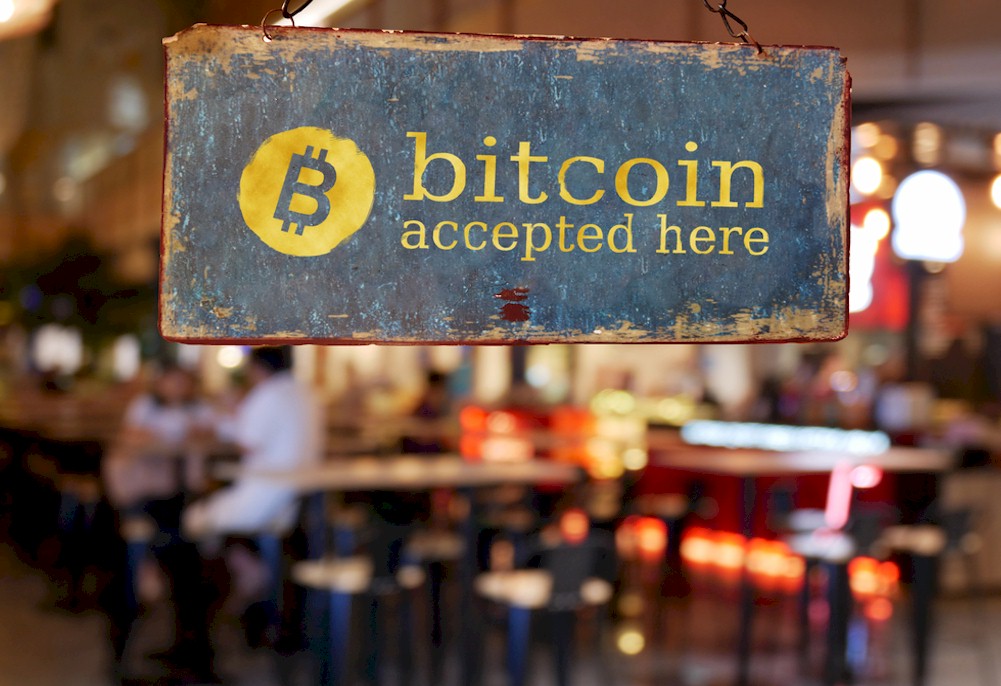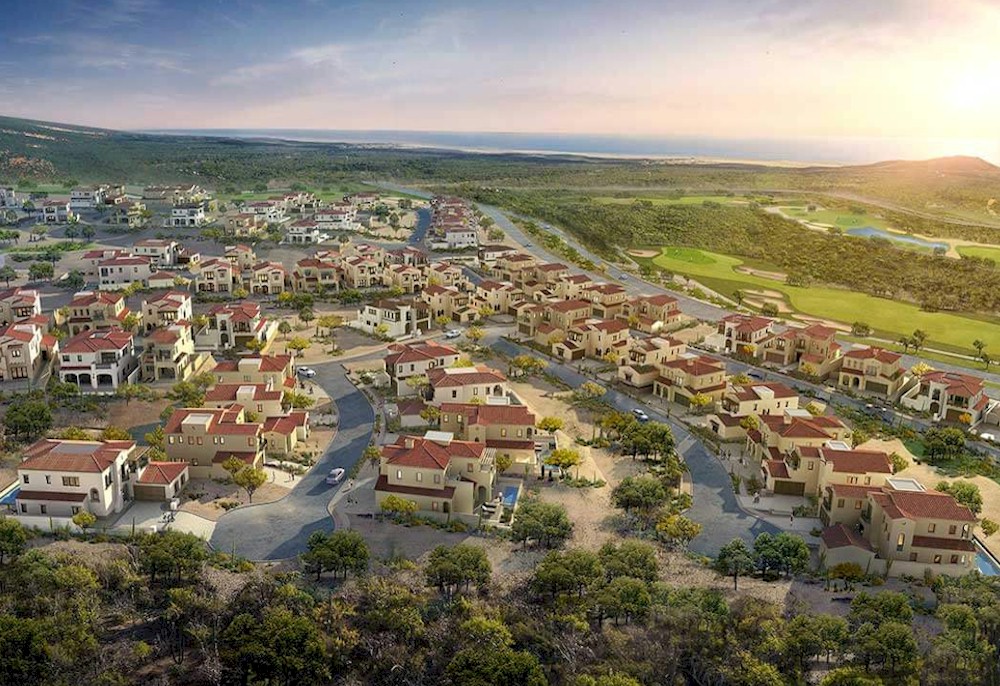

When Greg Norman established his golf design firm in 1987, he did it with a mandate to preserve landscapes, respect Mother Nature and create enjoyable golf courses. The Greg Norman Signature golf course at Rancho San Lucas opened in February 2020, and is a multi-themed design that explores coastal and desert environments and offers a thrilling challenge from each set of tees. READ MORE



